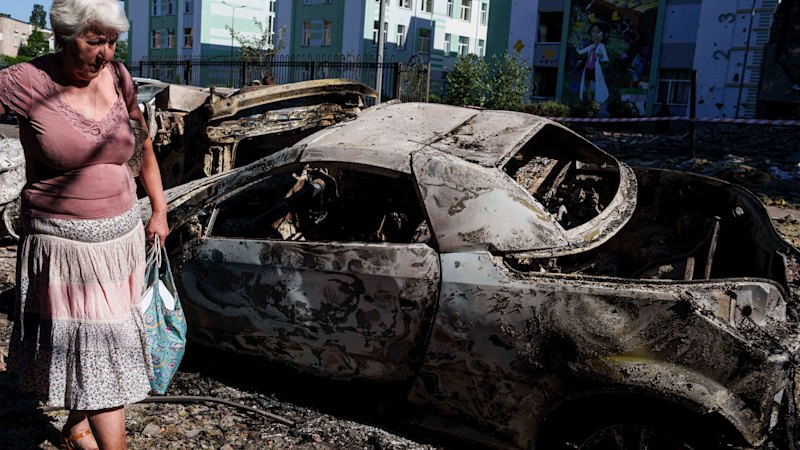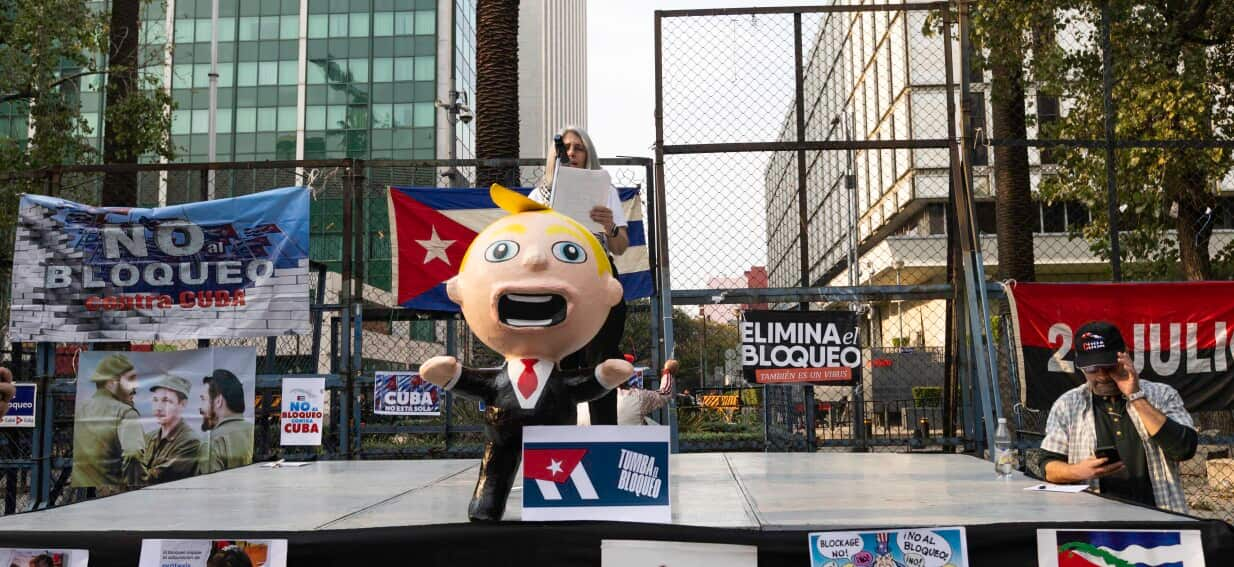
Brussels has announced plans to build emergency stockpiles of critical minerals and cable repair kits as concerns grow over the European Union’s vulnerability to geopolitical threats. The European Commission, in a draft document obtained by the Financial Times, outlined a strategy to address the increasingly complex risk landscape marked by geopolitical tensions, climate change, and cyber threats.
The European Commission emphasized the need for member states to coordinate backup supplies of essential items such as food, medicines, and even nuclear fuel. The strategy also includes accelerating the creation of EU-level stockpiles for items like cable repair modules, crucial for maintaining energy and defense systems.
Geopolitical and Environmental Challenges
The strategy comes amid growing concerns about the vulnerability of critical infrastructure, highlighted by recent incidents involving gas pipelines. The EU’s push to enhance security and resilience is further underscored by warnings from General Carsten Breuer, the German chief of defense, who cautioned that Russia might target an EU member state within the next four years.
The draft document also noted the increased activity from hacktivists, cybercriminals, and state-sponsored groups, contributing to a higher-risk environment. The EU is particularly susceptible to climate change impacts, warming at twice the global average rate. Recent bushfires in Crete, which forced the evacuation of 5,000 people, underscore the urgency of these challenges.
A Call for Preparedness
In an October report commissioned by the EU, former Finnish president Sauli Niinisto advocated for considering security a “public good” and emphasized the importance of a preparedness mindset. He urged Brussels to “define targets to ensure minimum levels of preparedness in different crisis scenarios, including armed aggression or large-scale supply chain disruptions.”
Earlier this year, the EU advised households to stockpile essential supplies to survive at least 72 hours of crisis. The bloc already maintains emergency response resources, including firefighting planes, helicopters, and medical supplies across 22 EU countries.
Enhancing Coordination and Investment
The European Commission plans to establish a “stockpiling network” to improve coordination among EU nations, acknowledging the “limited common understanding of which essential goods are needed for crisis preparedness.” The document suggests regularly updating lists of essential supplies tailored to specific regions and crisis types.
Member states are encouraged to incentivize the private sector to participate in stockpiling efforts, potentially through tax credits. The EU is also advised to collaborate with allies on “shared warehousing” and better coordinate resource management with NATO.
Looking Ahead
The need for investment in critical stockpiling will be considered in the proposals for the EU’s new multiannual budget, expected to be presented later this month. The draft document is scheduled for publication this week and may undergo changes before its official release.
This strategic move represents a significant step in bolstering the EU’s resilience against a backdrop of evolving threats, ensuring that the bloc is better prepared for future crises.






